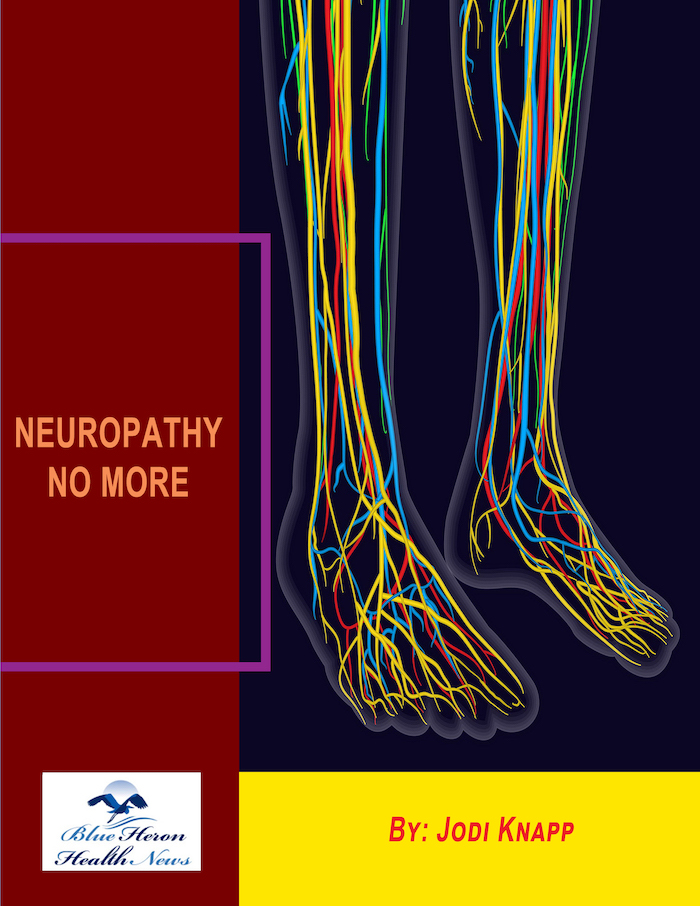
Neuropathy No More neuropathy No More By JODI KNAPP neuropathy is one of the most painful diseases which can make people suffer a lot. Even though medical science has progressed a lot, it could not really found a solution for this condition. This is because the condition is deep routed. You have to make sure that you are changing some of the lifestyle patterns to get relief from the symptoms. The Neuropathy No More is exactly what you need for that. This program is quite helpful and can provide you with all the important information that you will need to ensure better life without the symptoms.
What are the risks of long-term use of neuropathy medications?
Long-term use of neuropathy medications, such as anticonvulsants, antidepressants, opioids, and non-opioid pain relievers, can come with several risks, depending on the type of medication. Below are some key risks associated with different classes of neuropathy drugs:
1. Anticonvulsants (Gabapentin, Pregabalin)
- Cognitive Impairment: Long-term use may cause memory problems, brain fog, and difficulty concentrating.
- Dizziness and Drowsiness: These side effects may persist over time, affecting daily functioning and increasing the risk of falls.
- Weight Gain: Some patients experience significant weight gain, which can contribute to metabolic issues.
- Peripheral Edema: Swelling in the legs and feet is common with drugs like pregabalin.
- Increased Risk of Depression or Suicidal Thoughts: Some anticonvulsants carry warnings about mood changes and suicidal ideation.
2. Antidepressants (Amitriptyline, Duloxetine, Venlafaxine)
- Cardiovascular Risks: Tricyclic antidepressants (TCAs) like amitriptyline can lead to arrhythmias and increased heart rate.
- Sexual Dysfunction: Reduced libido and erectile dysfunction are common with long-term use.
- Weight Gain and Metabolic Issues: Many antidepressants contribute to increased appetite and changes in metabolism.
- Withdrawal Symptoms: Stopping suddenly can lead to mood swings, dizziness, nausea, and flu-like symptoms.
- Drowsiness and Fatigue: Can impair daily functioning and increase the risk of accidents.
3. Opioids (Tramadol, Oxycodone, Morphine)
- Addiction and Dependence: Long-term opioid use carries a high risk of dependence, even at prescribed doses.
- Tolerance Development: Over time, the body may require higher doses to achieve the same level of pain relief, increasing overdose risk.
- Respiratory Depression: Chronic use may weaken breathing function, which can be dangerous.
- Hormonal Imbalances: Long-term use can lead to decreased testosterone and estrogen levels, affecting mood, bone density, and energy levels.
- Gastrointestinal Issues: Constipation is a major issue, sometimes leading to bowel obstruction.
4. Non-Opioid Pain Relievers (NSAIDs, Acetaminophen)
- Gastrointestinal Bleeding: NSAIDs like ibuprofen and naproxen can cause stomach ulcers and internal bleeding over time.
- Kidney Damage: Long-term NSAID use is linked to kidney disease and failure.
- Liver Damage: Acetaminophen, if taken in high doses for extended periods, can cause severe liver damage.
Other Considerations
- Drug Interactions: Many of these medications interact with other drugs, increasing the risk of side effects.
- Reduced Effectiveness Over Time: Some medications may become less effective as the body adapts.
- Impact on Mental Health: Chronic use of neuropathy medications can contribute to depression, anxiety, or emotional blunting.
Alternatives and Risk Management
To reduce the risks of long-term medication use, patients and doctors often explore alternative treatments such as:
- Lifestyle Modifications: Exercise, physical therapy, and dietary changes can help manage symptoms.
- Complementary Therapies: Acupuncture, biofeedback, and meditation have shown promise in some cases.
- Regular Monitoring: Routine check-ups help assess side effects and adjust medications accordingly.
- Combination Therapy: Lower doses of multiple medications might reduce the risks associated with high-dose monotherapy.
Would you like me to tailor this answer to a specific medication or condition?
Neuropathy No More neuropathy No More By JODI KNAPP neuropathy is one of the most painful diseases which can make people suffer a lot. Even though medical science has progressed a lot, it could not really found a solution for this condition. This is because the condition is deep routed. You have to make sure that you are changing some of the lifestyle patterns to get relief from the symptoms. The Neuropathy No More is exactly what you need for that. This program is quite helpful and can provide you with all the important information that you will need to ensure better life without the symptoms.